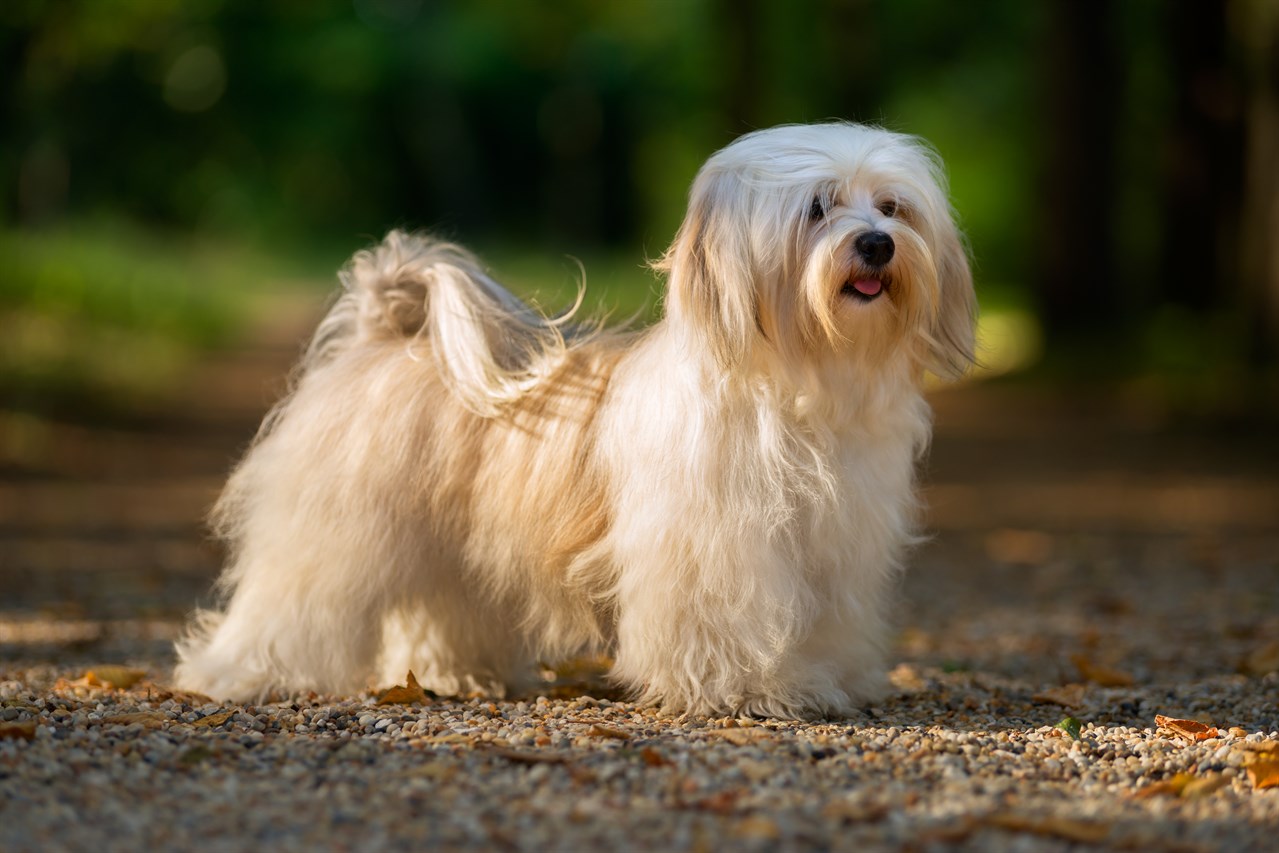Feeding Habits and Food Requirements of the Havanese: Nourishing Your Companion

Feeding a Havanese dog requires attention to their nutritional needs, portion control, and a balanced diet to ensure they lead healthy and happy lives. These charming companions are generally easy to please when it comes to food, but it's important to provide them with high-quality nutrition tailored to their specific requirements.
Feeding Guidelines
- Puppy Feeding: Havanese puppies need a diet designed to support their rapid growth and development. Look for puppy-specific dog food that meets the nutritional standards set by reputable organisations like the Association of American Feed Control Officials (AAFCO). Puppies usually need to be fed multiple times a day, following the guidelines provided on the dog food packaging.
- Adult Feeding: As Havanese dogs reach adulthood, typically around 12 months of age, you can transition them to an adult dog food formula. Continue to follow the feeding guidelines on the packaging, but be mindful of your dog's individual activity level and metabolism. Some Havanese may require more or less food than others.
- Senior Feeding: Older Havanese dogs may benefit from senior dog food formulations designed to support their changing nutritional needs. These foods often have reduced calories and are formulated to support joint health.
- Portion Control: Havanese dogs are a small breed, and portion control is crucial to prevent overfeeding and obesity. Measure your dog's food to ensure they receive the appropriate amount according to their age, weight, and activity level.
Nutritional Requirements
Havanese dogs, like all dogs, require a balanced diet that includes the following essential nutrients:
- Protein: High-quality protein sources like poultry, fish, or lean meats provide essential amino acids for muscle health and overall well-being.
- Carbohydrates: Carbohydrates from sources like whole grains and vegetables supply energy for daily activities.
- Fats: Healthy fats are essential for coat health, skin, and overall energy. Look for foods with moderate fat content.
- Vitamins and Minerals: A well-balanced dog food should contain the necessary vitamins and minerals, including calcium, phosphorus, and others, to support bone health and overall vitality.
- Water: Always provide your Havanese with access to fresh, clean water. Proper hydration is vital for their health.
Special Considerations
- Allergies and Sensitivities: Some Havanese may have food allergies or sensitivities, which can manifest as digestive issues or skin problems. If you suspect your dog has food allergies, consult with a veterinarian to determine the best dietary options.
- Weight Management: Havanese dogs are prone to obesity, so it's important to monitor their weight and adjust their food intake as needed to maintain a healthy body condition.
- Avoid Table Scraps: While it may be tempting to share human food with your Havanese, it's best to avoid feeding them table scraps. Human food can be high in calories and may not meet their nutritional needs.
- Consult with a Veterinarian: Your veterinarian can provide guidance on the best diet for your Havanese based on their age, activity level, and any specific health concerns.
In conclusion, feeding a Havanese dog involves providing a balanced diet tailored to their age and individual needs while practising portion control to maintain a healthy weight. High-quality commercial dog food, supplemented with guidance from a veterinarian, will help ensure your Havanese receives the essential nutrition required for a long and happy life.